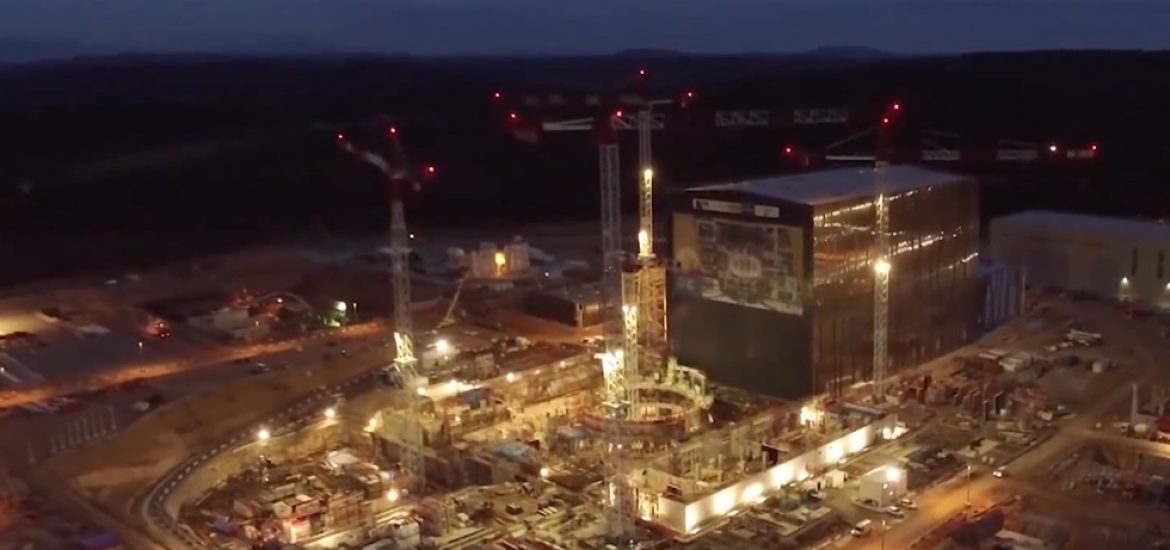
The United States is lagging far behind the world on fusion research and must not withdraw funding from the International Thermonuclear Experimental Reactor (Iter) project in France, according to the National Academies of Sciences, Engineering and Medicine (Nasem).
Fusion power is one of the most prized technological goals in the pursuit of clean energy. Nuclear fusion is the natural phenomenon that powers the sun, converting hydrogen into helium through a process that occurs at extreme temperatures.
Removing investment from the project would isolate US specialists, give their overseas counterparts, like the EU, China, India, Japan, South Korea and Russia, an advantage and lead Washington to redraw its fusion policy, the report argued.
The 35-nation Iter is hoping to develop the first device to maintain fusion for prolonged periods.
Earlier this month, Bernard Bigot, the Iter director-general, said the completion of half of the project meant the programme was back on track, after a series of difficulties. Bigot said this would mean power could be produced from the southern French site from 2025.
In 2016, the Department of Energy warned that US obligations to Iter would require a doubling of funding by 2020.
Because of project cost overruns and delays, the Senate approved no Iter investment for the next financial year, although the House of Representatives did. Californian Democrat senator, Dianne Feinstein, said she was “really doubting” if the French project’s “huge costs” were worth it, given the technical difficulties.
Problems include creating the extreme conditions necessary for such reactions to occur, harnessing the resulting energy in a useful way and controlling reactions once they have been induced.
Nasem said Iter had increased confidence for US science that an ambitious experiment “will succeed in achieving its scientific mission”.
China and other Iter participants would benefit from a US retreat, the Nasem report argued.
“Without a long-term plan, the United States risks being overtaken as our partners advance the science and technology required to deliver fusion energy,” Nasem said.
In 2005, Washington’s fusion budget was cut heavily and the Department of Energy implemented an overall reduction in its investment four years ago.
“Currently, only one mid-scale fusion experiment is operating in the United States,” the study said.
Iter is aiming to generate about 10 times its input power.
American support for Iter relies on the 2018-19 budget, which is still under negotiation in Congress. The lower house and White House called for more than US$60 million to be invested in Iter.
The Iter project. Picture credit: YouTube





